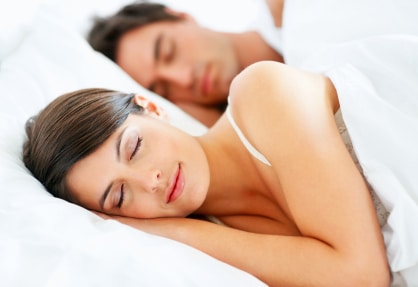Inadequate sleep can leave one with more than dark circles under their eyes. Approximately 25% of the adult population is affected...

Inadequate sleep can leave one with more than dark circles under their eyes. Approximately 25% of the adult population is affected...